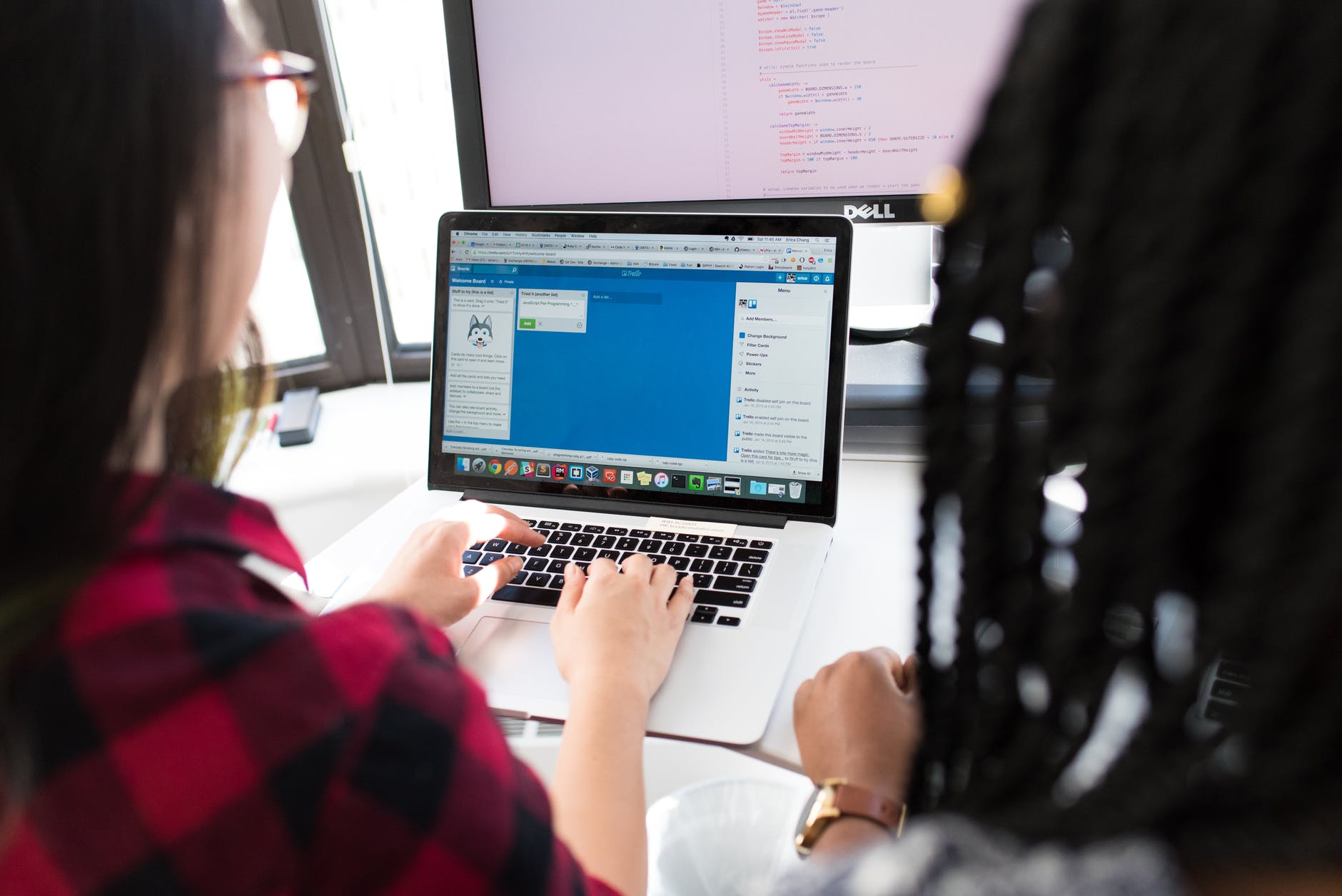
Full-time study with a full-time career
Full-time study with a full-time career
By Dessy Ohanians
Managing Director of Corporate and Certificate Programmes, London School of Business and Finance (LSBF) – Executive Education
“You must be mad!” exclaimed a friend of mine when I told her that, in addition to my demanding full-time job, leadership and mentoring responsibilities, as well as family commitments to my two young children, I have now decided to also study a full-time online Master’s degree. And the obvious follow-up question was: “Why?”
As we kept talking over reasons why I was putting myself through something like a full Master’s degree, it became ever more clear that motivations were multi layered, touching different areas of my life – deeply personal, obviously professional and, to some extent, ego-boosting. But what was pleasantly surprising to me was that, when confronted with the question of “How?”, I had most of the answers already firmly in my head, with a plan and routine all ready to begin.
[rml_read_more]
My daily routine was pretty full-on even before taking the decision to add a Master’s degree to my to-do list. Most people struggle to find the right work-life balance, and even fewer manage to balance a work-study-life routine. However, it is possible and, when done well, can be very rewarding in the long-run.
So what could be someone’s motivation to do this? As a first step, I recommend you go through the motivations matrix defining motivation as coming from knowledge, reward, expectations and recognition. For me, the intrinsic motivators of knowledge and reward are definitely stronger than the extrinsic ones of expectations and recognition.
Curiosity can drive a person to learn new skills and explore new topics.
As an example: entrepreneurs starting a venture with very limited budgets might teach themselves skills like management and leadership, bookkeeping, desktop design, database management, web design, marketing strategies, HR policies, and the list goes on. Recently, the topics such as data analytics, data visualisation, artificial intelligence, and machine leaning have become even more important to business leaders.

These new areas of technological development are profoundly changing how we run businesses, with business leaders making more and more data-driven decisions, and marketing is changing as a result. That is why I started looking for courses on this topic; eventually leading me to the MSc in Data Analytics and Marketing. These subjects did not exist when I was in education, but luckily higher education is still open to me and I can make the most use of it in my career.
The reward element of motivation is felt in the satisfaction one gets from doing their best and fulfilling their potential. Like me, if your character demands you do your best in all things, then this internal drive will definitely carry on through those difficult parts of the journey. Challenging oneself with a new topic outside of your comfort zone will help not just with the self-esteem that comes with accomplishment, but will also help expand your understanding of the world and the ways in which it is changing.
Having identified your motivation drivers, you should next identify your learning style. Traditional schools of thought on the subject use the VARK model – Visual, Aural, Read/Write and Kinaesthetic. There are various questionnaires on the web where you can find out your dominant or preferred learning style. We all have an inclination to use one over the others but we do use all combined to a varied degree depending on the situation.

Undergoing a new learning style online was a discovery process for me. I started by printing all the materials on paper only to discover that they were peppered with links to further reading that were useless without being connected to an electronic device. The opportunity to study online and via devices brings the course content and opportunities across the internet directly to you, with just a little research. This is far easier than when I would scroll through libraries in search of the correct heavy tome; now I can find the right book on my train commute home.
-
- Become super organised – Plan your days down to small increments of 5 or 10 minutes. Being granular with your time will help you use it in the most productive way possible. You will never achieve everything on the plan, unexpected events will regularly throw you off course, but that is not a problem. I love the saying: “Shoot for the stars and you might land on the moon!”
- Create a plan – Splitting your learning into daily or weekly goals, will make the learning process more manageable and hopefully less stressful. You are, after all, tying to fit two full- time commitments in the same 24 hours.
- Maximise your commute – Commuting into large cities like London, studying on the train to and from work is the bulk of my reading time. Studying on my mobile screen while standing in a moving train is something I practiced with some short online courses before I committed to the degree to discover if I could do it.
- Multitask on automatic activities – Some activities can easily be paired together if one requires concentration and the other does not – such as waiting in a queue, exercising, or doing house chores. Sneaking in 5 or 10 minutes to revise various points throughout the day will give you the advantage of repetition of key concepts which is essential for committing to memorise the crucial points of a lesson.
-
- Get your employer on board – Having an understanding employer is key to your success here. There will inevitably be times when work and learning demands will both coincide and your assignment deadline will fall exactly when your boss asks you for a comprehensive report or a project. Explain to them the benefits of your study and they may be eager for you to pursue this; particularly if it aids your work.
- Look after yourself physically and mentally – This might look like an impossible task when your schedule is so full. Making sure you get enough sleep will guarantee that your brain is working at an optimum speed and capacity. Exercise is proven to benefit mental performance, and eating well will increase energy levels and stamina. These steps will keep fatigue and stress at bay.
All things considered, you will need the time and support to be able to be a true ‘full-timer’; full-time career, full-time student, and (in my case) full-time parent.
However, maximising your potential gives you the chance to apply what you are learning in your work for the benefit of your company or your career, as well as improving your understanding of the world around you.

Studying whilst working can also help expand your network of like-minded people who are also interested in the same topics as you. Finally, and most importantly, upon completion your studies and receiving your new qualification or enjoying the benefits of your new skills; thrill of the knowledge that you have grown as a person and fulfilled a little more of your potential – it is quite simply a ‘must’.





